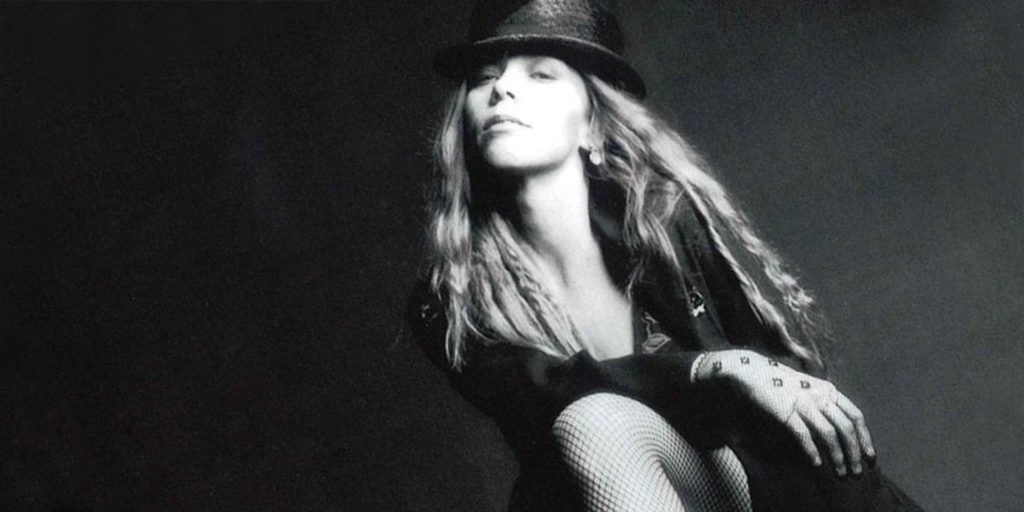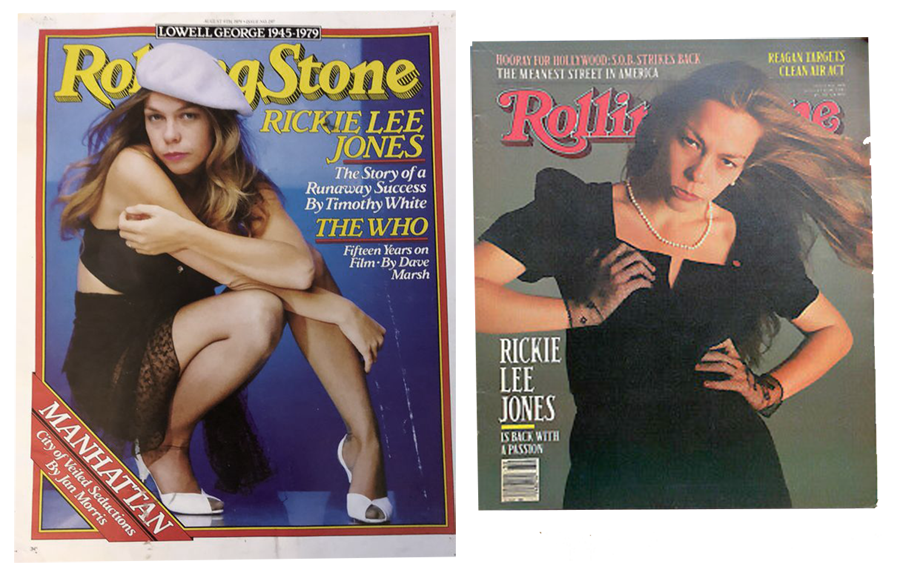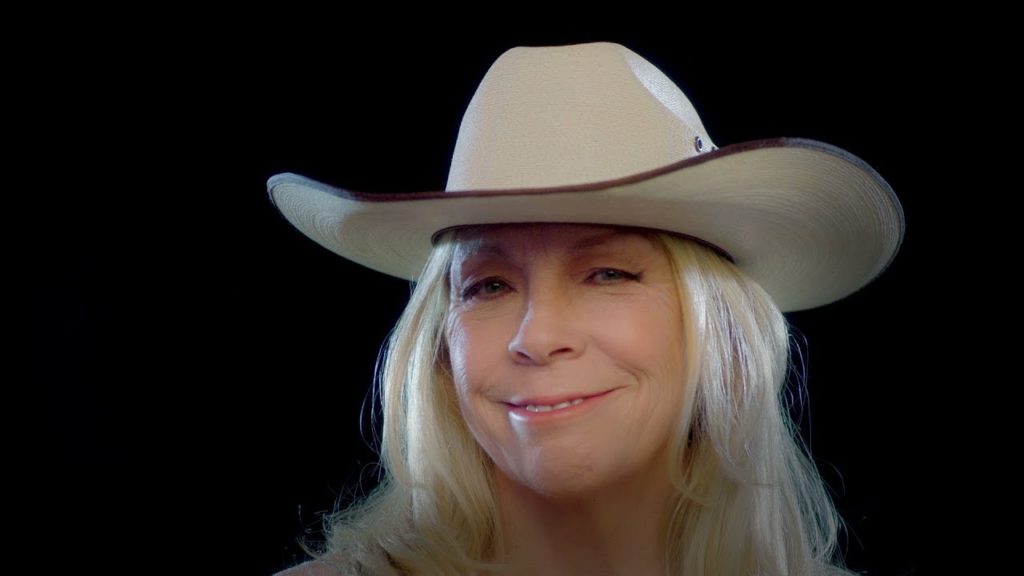
RICKIE LEE JONES has spent a life time dancing with her muse. She is the most iconic American female singer-songwriter of her time, a woman who outlasted all her adversaries–including youth and self-destruction. A seasoned humility brings her performances an authenticity that only long-enduring musicians achieve. Her artistry is brilliantly underlined with her 2019 forthcoming album KICKS. The album spans two decades (50s-70s) of pop, rock and jazz, presenting her unique and sophisticated interpretations of songs that were pivotal to her musical journey.
By the time she was 19, JONES was living in Los Angeles, waiting tables and occasionally playing music in out of the way coffee houses and bars. All the while, she was developing her unique aesthetic: music that was sometimes spoken, often beautifully sung, and while emotionally accessible, she was writing lyrics as taut and complex as any by the great American poet, Elizabeth Bishop. In JONES’ voice and songs, we saw smoky stocking seams, love being everything but requited. And it was during these years that RICKIE LEE’s song, “Easy Money,” caught the attention of one musician and then the music industry. The song was recorded by Lowell George, the founder of the band, Little Feat. He used it on his solo album, Thanks, I’ll Eat It Here. Shortly thereafter, Warner Brothers auditioned JONES and quickly signed her to the label.
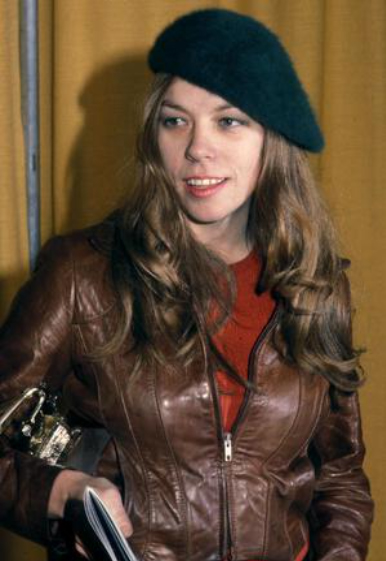
Rickie Lee Jones – The 22nd Annual Grammy Awards on February 27, 1980, at Shrine Auditorium, LA. Ph: Ralph Dominguez/MediaPunch.
Her 1979 debut Rickie Lee Jones album (Warner Bros) won the Grammy for “Best New Artist.” She was hailed by one critic as a “highly touted new pop-jazz-singer-songwriter” and another critic as “one of the best–if not the best–artist of her generation.” In addition to the album’s brilliant songs–including the exceptional “On Saturday Afternoons in 1963,” the haunting “Last Chance Texaco,” and the popular “Chuck E’s in Love”–JONES was becoming a figure whose life was bearing a great deal of emulation by young women and men who found, in her deep and personal and idiosyncratic life and work, a model for the new generation of hipster.
The American culture was instantly intrigued. RICKIE LEE seemed as much of a hit as her song. She was the alternative to punk/new wave, representing the revitalization of the dying art of the pop song. She liked pop and said so. JONES’ work was the amalgamation of jazz and rock and pop, a percolating zygote that made itself into a brave new world called RICKIE LEE JONES. American culture was changed.
